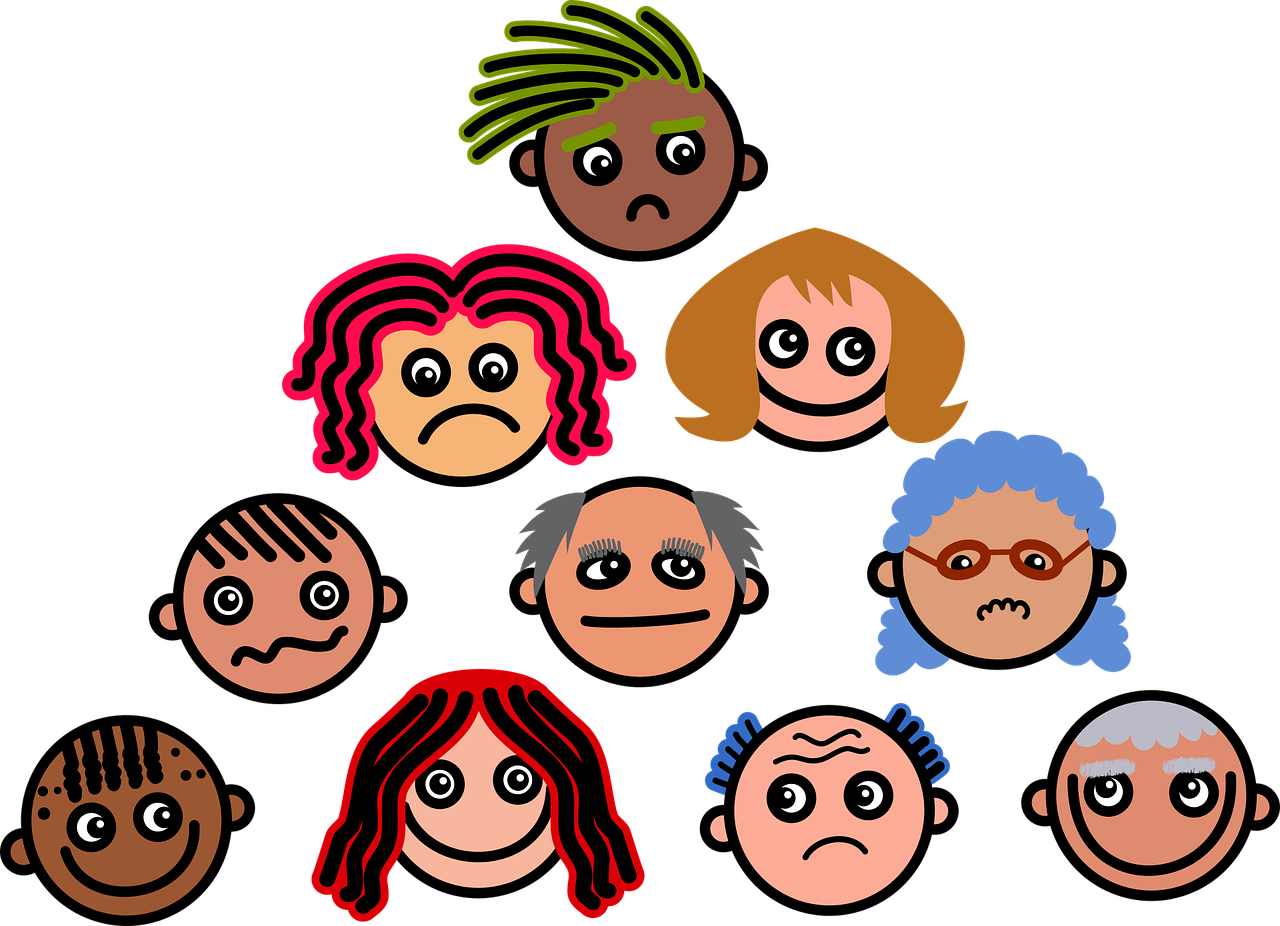
References:
(1) Roediger, H. L., Putnam, A. L., & Smith, M. A. (2011). Ten benefits of testing and their applications to educational practice. Chapter in J. Mester, & B. Ross (Eds.), The Psychology of Learning and Motivation: Cognition in Education. (pp. 1-36). Oxford: Elsevier.
(2) Fritz, C. O., Morris, P. E., Nolan, D., & Singleton, J. (2007). Expanding retrieval practice: An effective aid to preschool children’s learning. The Quarterly Journal of Experimental Psychology, 60, 991-1004.
(3) Karpicke, J. D., Blunt, J. R., & Smith, M. A. (2016). Retrieval-based learning: Positive effects of retrieval practice in elementary school children. Frontiers in Psychology, 7, 350: 1-8.
(4) Karpicke, J. D., Blunt, J. R., Smith, M. A., & Karpicke, S. S. (2014). Retrieval-based learning: The need for guided retrieval in elementary school children. Journal of Applied Research in Memory and Cognition, 3, 198-206.
(5) Lipko-Speed, A., Dunlosky, J., & Rawson, K. A. (2014). Does testing with feedback help grade-school children learn key concepts in science? Journal of Applied Research in Memory and Cognition, 3, 171-176.
(6) Marsh, E. J., Fazio, L. K., & Goswick, A. E. (2012). Memorial consequences of testing school-aged children. Memory, 20, 899-906.
(7) McDaniel, M. A., Thomas, R. C., Agarwal, P. K., McDermott, K. B., & Roediger, H. L. (2013). Quizzing in middle-school science: Successful transfer performance on classroom exams. Applied Cognitive Psychology, 27, 360-372.
(8) McDermott, K. B., Agarwal, P. K., D’Antonio, L., Roediger, H. L., & McDaniel, M. A. (2014). Both multiple-choice and short-answer quizzes enhance later exam performance in middle and high school classes. Journal of Experimental Psychology: Applied, 20, 3-21.
(9) Agarwal, P. K., Finley, J. R., Rose, N. S., & Roediger, H. L. (2017). Benefits from retrieval practice are greater for students with lower working memory capacity. Memory, 25(6), 764-771. https://doi.org/10.1080/09658211.2016.1220579







